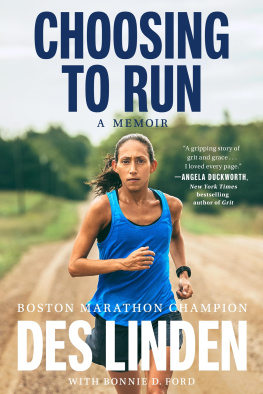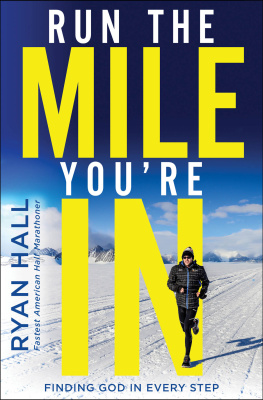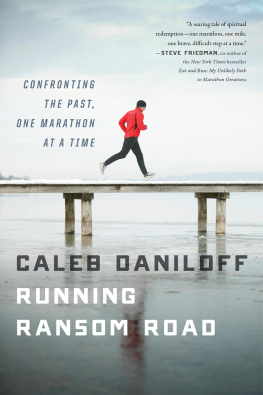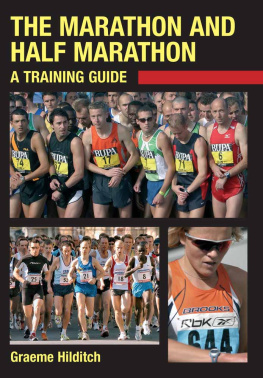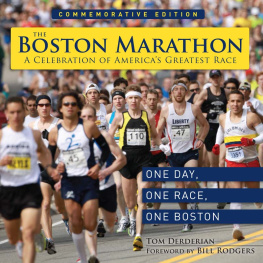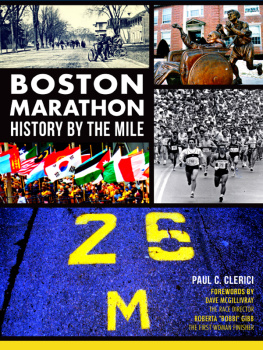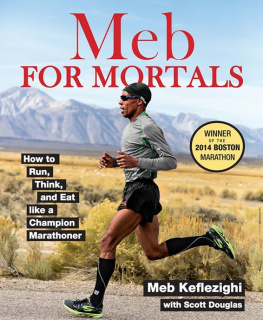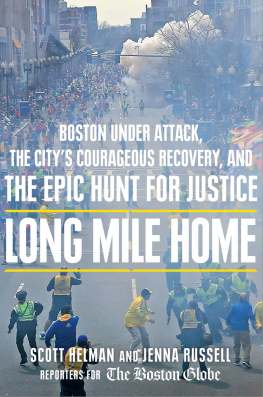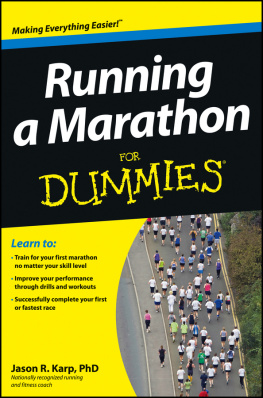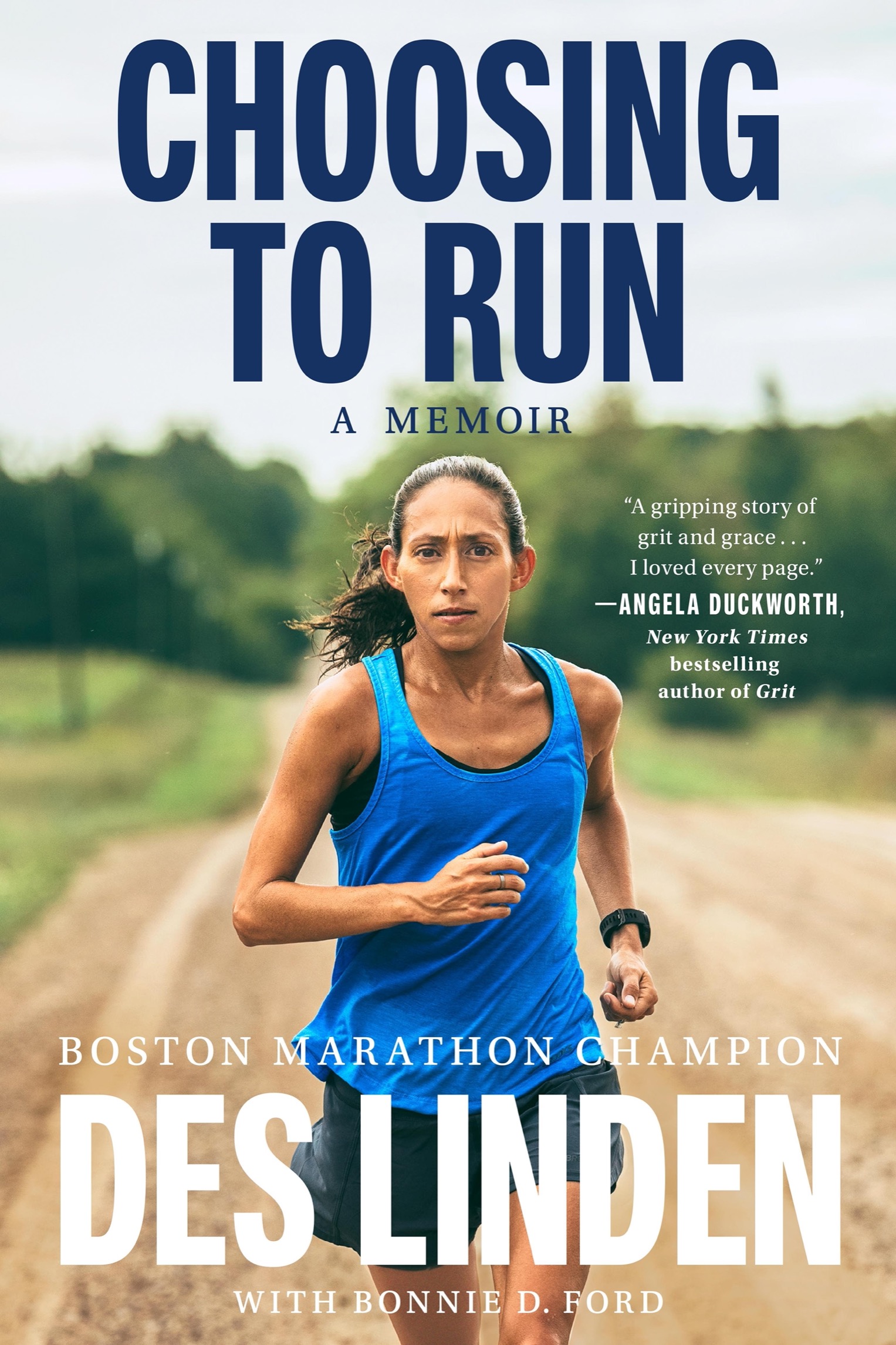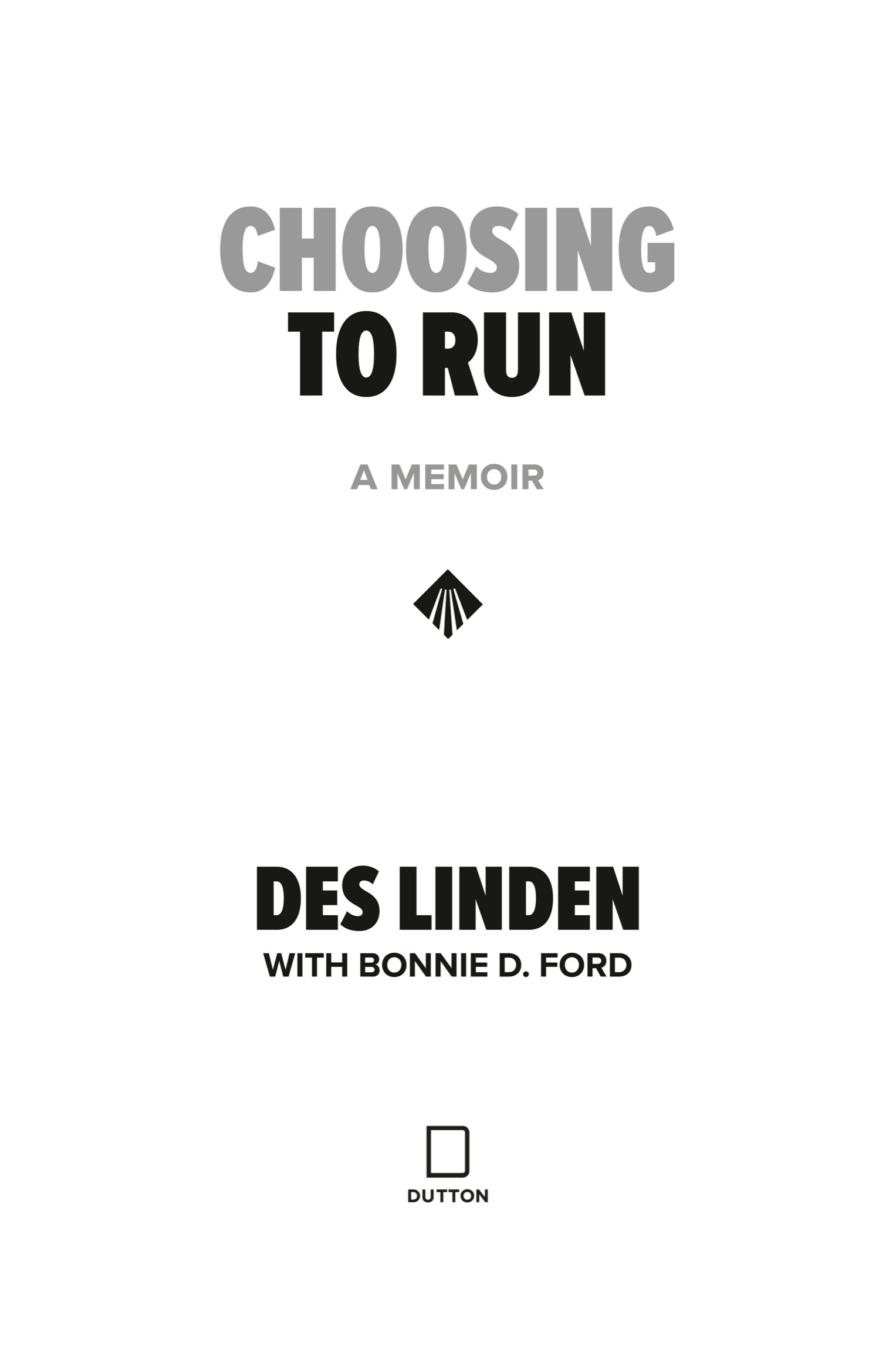
An imprint of Penguin Random House LLC
penguinrandomhouse.com

Copyright 2023 by Desiree Linden
Map by David Lindroth Inc.
Penguin Random House supports copyright. Copyright fuels creativity, encourages diverse voices, promotes free speech, and creates a vibrant culture. Thank you for buying an authorized edition of this book and for complying with copyright laws by not reproducing, scanning, or distributing any part of it in any form without permission. You are supporting writers and allowing Penguin Random House to continue to publish books for every reader.
DUTTON and the D colophon are registered trademarks of Penguin Random House LLC.
library of congress cataloging-in-publication data
Names: Linden, Des, 1983 author.
Title: Choosing to run : a memoir / Des Linden.
Description: New York, N.Y. : Dutton, [2023] |
Identifiers: LCCN 2022038181 (print) | LCCN 2022038182 (ebook) | ISBN 9780593186640 (hardcover) | ISBN 9780593474600 (signed edition) | ISBN 9780593186657 (ebook)
Subjects: LCSH: Linden, Des, 1983 | Marathon running. | Women long-distance runnersUnited StatesBiography.
Classification: LCC GV1061.15.L57 A3 2023 (print) | LCC GV1061.15.L57 (ebook) | DDC 796.42092 [B]dc23/eng/20220917
LC record available at https://lccn.loc.gov/2022038181
LC ebook record available at https://lccn.loc.gov/2022038182
Cover design by Dominique Jones
Cover photograph by Thomas Nils Ericson
Book design by Katy Riegel, adapted for ebook by Molly Jeszke
pid_prh_6.0_143000291_c0_r0
For everyone brave enough to lace up and take the first step and with affection and respect for
Gabe Grunewald (19862019)
Gloria Ratti (19312021)

Contents
_143000291_

PROLOGUE
Im alone, out front.
Ive just dropped the only woman between me and the 2018 Boston Marathon finish line. I brace for her to respond, to reappear in my peripheral vision.
I hold my breathnot an advisable tactic at Mile 22and I count.
One... two... three... four... five.
Nothing. Still by myself.
I exhale, releasing months of tension. Young Kenyan runner Gladys Chesir has been aggressive for most of this race. If I cant hear her footfalls on my heels by now, that means shes vulnerable. Its time to ratchet up the pace and inflict pain.
Ive visualized this scene, taking the lead coming off Heartbreak Hill, thousands of times over the last decade. Ive pictured myself strong, confident, and pulling away under a brilliant blue April sky to win one of the most prestigious marathons in the world.
This moment looks nothing like that.
Rain is sluicing down in sheets, relentless. A fierce headwind batters my face, my chest, my quads. My hands are numb, and my feet are beyond sodden. Theres only a scattering of people watching by the side of the road, and if theyre cheering, the sound is muted by my drenched headband.
And yet. This is where Ive always wanted to be. Its a rare juncture in any career, and theres no guarantee itll ever happen again. I have to yank myself out of my old sun-splashed dreamscape and be fully present here, now. I need to adapt to the opportunity that has opened up in front of me, on this course I know by heart.
Its been a scant few hours since I stood barefoot in my darkened hotel room, completely devoid of hope, feeling none of the tenacity that had always defined me. I had arrived in Boston without my usual game plan to maximize my chances for a win. My typical meticulous checklist was down to one item: survive.
That all shifted after the start gun, with absolutely no planning on my part. Improvisation has brought me this far. Now its time to channel the instincts and knowledge Ive sharpened and stowed away over twenty years. Ive run thousands of miles so I would know what to do in the next four.
I press the Play button in my head and hear the voice of Frank Browne, my high school coach in California, whose combination of drive and irreverence once pulled the best out of me.
I know you have the ability. One day youre going to be in position and say, Fuck it, and pull the trigger on one of these races.
I let out another deep, explosive exhale. My mind clears of everything but one thought:
Can I win this thing?

The Outsider
It was my fault I was finishing up my last mile in the dark. My dad had pestered me all day about getting the run in, and out of spite, Id procrastinated. The sun was setting by the time he drove me to the Silver Strand, a scenic sandbar that connects the towns of Imperial Beach and Coronado, just south of San Diego. People were packing up and leaving the beach, wiped out from hours of soaking in the sun and playing in the waves, as I started out on the flat north-south road. He followed me on his bike to keep me company.
I was running at a good clip about five miles into an eight-mile run when I realized I hadnt heard the sound of my dads wheel for at least ten minutes. I knew one of his tires was losing air, and hed been working hard to keep up with me. I could have stopped and waited for him to fix it; instead, I decided to press harder, to make him hurt, to make him worry about me being out there by myself. I leaned into the pace a little bit more, visualizing how Id close out a race at the high school state meet. My dad was the chasing pack, and I was laying on the gas, putting them away for good.
I was so deep in my race dream by the time I hit the parking lot where wed begun that I almost missed it in the pitch-black. Once I slowed down and walked a few strides to catch my breath, I felt a deep sense of accomplishment about putting in the miles. I was glad I hadnt talked myself out of it. My dad had said that would happen the whole time he was pushing me to get out the door, but I would never tell him he was right. I sat on the curb next to his truck in satisfied silence. Fifteen minutes later, I began to hear the telltale squeak and the faint thud of a flat tire.
By then, I already had a long, complicated competitive history with my dad, Dennis. Growing up, my older sister, Natalie, and I were required to play sports year-round so that wed be too busy to get in trouble, insulated from a world our parents viewed as full of bad influences and dangerous pitfalls. We didnt have the luxury of taking a season off, for fear that wed become lazy, and we were expected to be willing to try it all.
Dad scoured the newspaper for new activities, then woke us up first thing on Saturday morning to tell us what hed signed us up for: golf lessons one week, coed T-ball the next. From the time I joined my first organized soccer team at age six, he held his own clinics for us after he got off his job as a construction workerpost-practice practices, as we thought of them. We did soccer drills, kicking a size 3 ball against the low retaining wall that bordered our front yard in San Diego while he barked instructions, or juggling the ball with our feet to master the ideal first touch. He coached our softball team, and when Natalie decided she wanted to pitch, I was happy to be her personal catcher. These were not casual sessions; they were about self-improvement, not enjoyment. Hed snap if we werent being serious enough in his eyes, like the time he ripped into Natalie for smiling too much as she tried to throw strikes. We were close in every way, born just eighteen months apart, and she was perfect in my mindbeautiful, adventurous, better at sports than I was. I couldnt understand why he would criticize her for something that had nothing to do with how well she was pitching. I hunkered down, hiding behind my catchers mask, thinking,

